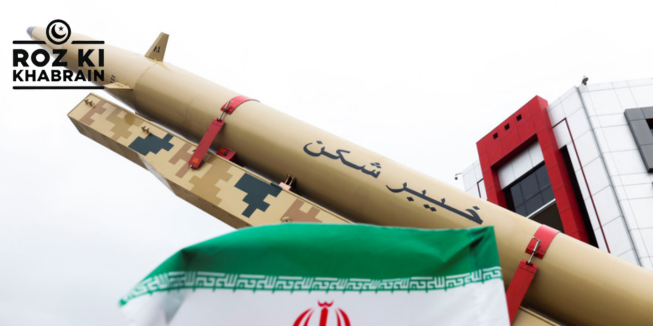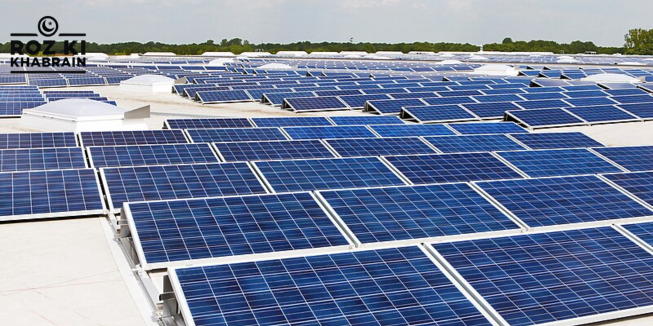The exact size of nuclear devices varies based on the design and specific technologies used, but they are typically engineered to optimize efficiency while ensuring structural integrity during high-speed rotation.
Although Iran does not currently possess nuclear weapons, analysts believe its nuclear program could become a primary target for Israeli retaliation—despite objections from the US—following Iran’s missile strikes on Israel. On Tuesday (October 1), Iran launched over 180 missiles at Israel without warning, in retaliation for an attack that killed top Hezbollah leader Hassan Nasrallah. This has sparked widespread speculation regarding Israel’s potential response.
Iran’s actions set the stage for a counterstrike by Israel, which could be the “decisive action” hinted at by Prime Minister Netanyahu, potentially targeting Iran’s nuclear or oil facilities, according to Laura Blumenfeld, a Middle East analyst from Johns Hopkins University quoted by Forbes.
While the specific targets of Israel’s response remain unclear, an Israeli official mentioned that the country plans to act swiftly, according to a report by NBC citing an unnamed source. On Wednesday, President Joe Biden informed reporters that the US would not support any Israeli strikes on Iran’s nuclear facilities.
Mohammed al-Basha, a Middle East security analyst, told Forbes that there is growing speculation that Israel could target Iran’s Bushehr power plant. Bushehr is Iran’s only operational nuclear power plant and is fueled by Russian materials, which carry a low risk of being utilized for weapons development. He likened this potential action to Israel’s response to Houthi attacks, where it bombed fuel depots as a demonstration of strength.




